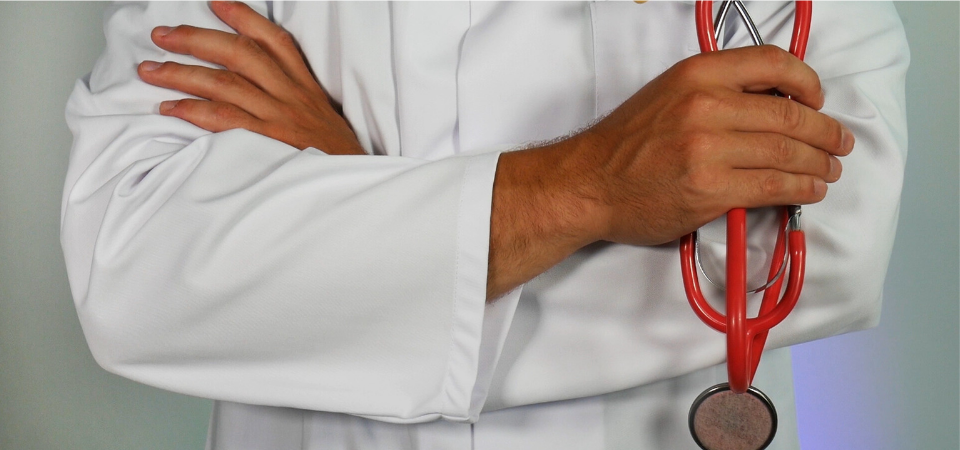Mothers and caretakers are busy people. Working, at home, volunteering, parenting — it is a 24/7 job. In the phase of life with young children or in a season of intense caretaking, it is easy to let your own health and self-care go to the back burner. After working in medicine for over 10 years, I have often neglected eating or visits to the bathroom to help the person who came for help. Caretakers do the same. As both a mother and a health care provider, the struggle to self-care is real. Mothers and caretakers provide the best care when they take care of themselves.
Here are a few areas of health that need your attention.
Breast Health
Women’s bodies go through many changes from adolescence through adulthood. While growing a human during pregnancy, the body changes the shape of the face, belly, and chest. After delivery and potentially breastfeeding, breasts do not look the same. While the American Cancer Society no longer recommends self-breast exams, being aware of the feel of the skin of your breasts is still valuable. Check the skin — if there are changes in the texture or color, talk to your provider about it. After pregnancy, your breasts will be lumpy so checking for lumps will seem ridiculous but if you ever feel anything concerning, share this concern with your medical provider. There are different recommendations from different medical organizations on when to start mammograms. Age 40 is typically used as a talking point.Talk to your doctor about your family history, your concerns, and your worries. Most military treatment facilities (MTFs) also have a breast care center that have dedicated to staff to discuss concerns. Yes, you will typically need to go in person to discuss personal history but most MTFs allow little children to accompany an adult on a visit.
Pap Smears
In 2011, the Pap smear guidelines changed. Lots of research showed that Pap smears didn’t need to happen annually if a previous Pap smear was considered normal. This is great! This means there is one less procedure to do annually. Yay! Women ages 21-29 are recommended to get a PAP smear every three years. For women age 30-65, a PAP smear and an HPV test can be done every 5 years. And you guessed it, if that Pap is normal and the HPV test is negative, you can wait another five years.
The Pelvic Floor
If you pee when you sneeze, this is sign of weak pelvic floor muscles. Personally, at every stoplight I do Kegels. If I watch a TV show, I do Kegels during commercials. It is almost second nature now. Kegels are not the end all be all in regards to pelvic floor health, but it is something you can do at home. Yes, peeing when you sneeze is a common problem for women post pregnancy. There are tons of memes about it. If more than a drop comes out in your underwear with every sneeze, or if you leak consistently with lifting or a cough, it might be a sign of something more. Incontinence, or urinary leakage, can be a sign of bladder irritation, uterine prolapse (the uterus moving down the vaginal canal to the opening) or urethral (where urine comes out of) irritation. Abdominal core exercises can help strengthen the pelvic floor. Kegels help with the pelvic floor as well. If there isn’t improvement with what you are doing at home, don’t ignore it as a commonality of post pregnancy. Make the appointment to be evaluated.
Tummy Trouble
Becoming a parent means that you will be tracking poop and potty, but probably not your own. In newborn classes, sometimes you are shown cards of what normal poop will look like, and what to watch for, but there aren’t any for the parents. If there are any changes in your bowel habits — your stool is thinner or watery often, or there is blood when you wipe or in the bowl, these could be signs that something needs to be evaluated in your gut. Women who have been pregnant commonly suffer from hemorrhoids. Blood in the stool isn’t uncommon. But any blood in the stool warrants a colonoscopy. While the idea of a colonoscopy may seem scary, you receive medication that allows you to sleep, oblivious to what is happening, and even provides a little amnesia about the event.
Self-care comes in many forms. Working out. A night out with friends. A massage. Getting your Pap smear. Going to the dentist. Make sure you put yourself and your needs on the to-do list. Self-care improves both mental and physical health.
I hate using personal days from work to go to the dentist or get a pap smear. But, the reality is that taking care of myself means I will be around to take care of my family. Twice a year, I have appointments to look after my personal health, and later that day I can check out that new ice cream shop. By taking care of your health, you are providing yourself self-care and taking care of your family.
ABOUT HEATHER
Heather Walsh is a mom, Marine wife, Navy child, blogger, and lover of all things crafty, travel, and Disney. Professionally, she is a physician assistant and has a passion for helping others to stay positive and supported. She has been writing since KidPix was on floppy disk. She is one of three women who founded MilMomAdventures, sharing travel tips for the military family. They are currently sharing exploration of Southern California, New Orleans, Virginia, and more, with tips for the military family on how to enjoy the adventure with every PCS and save money while doing it.Recently, she has contributed for NextGen MilSpouse, Daily Mom Military and Military Disney Tips.

